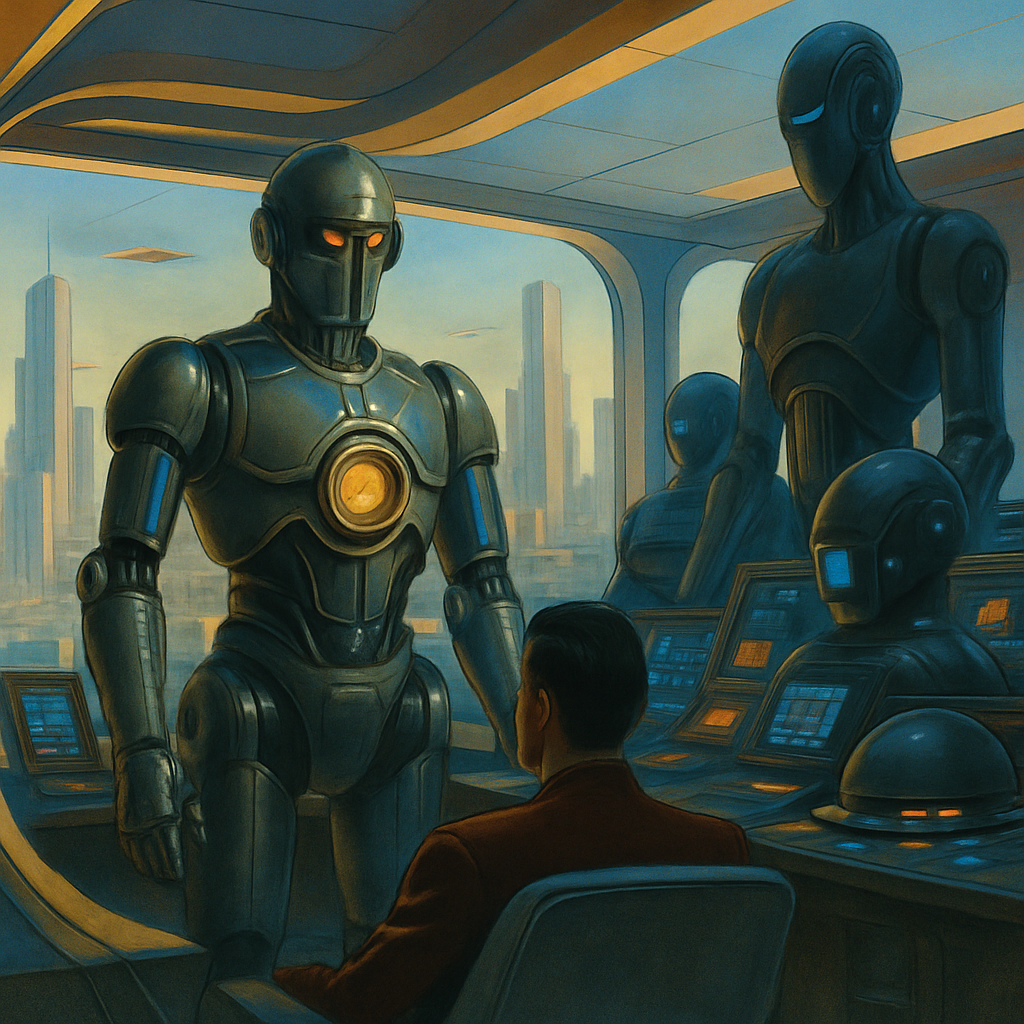“The Humorous Saga: Peter Thiel, Eliezer Yudkowsky, and the Birth of the AI Renaissance”

“How Peter Thiel’s Relationship With Eliezer Yudkowsky Launched the AI Revolution”
“Machine learning algorithms are no smarter than the data they are trained on. And yet, as these models are entrusted to mediate an ever-growing number of societal interactions, they have fundamentally reshaped everyday life. What’s worse, their decision-making process is often inscrutable.”
From Ashley Smith’s book, “The Optimists: How AI is Shaping the Future,” this quote perfectly encapsulates the paradox that our society finds itself in today. These seemingly high-tech learning algorithms – as sophisticated as they may be – are only ever as good as the information they are fed. And yes, yet we continue, virtually nonchalantly, to task them with more and more of our daily life interactions.
AI’s impact is far-reaching and profound, but often overlooked. Critical decisions affecting society are being made by algorithms. That in itself might not sound terrifying until you realise that these algorithms are effectively black boxes. They make decisions, but won’t tell us how or why they came to that conclusion. It’s almost like trying to figure out the thoughts of the quiet person in the room, who only nods or shakes their head in response to your questions.
And the world of Artificial Intelligence is not all dystopian doom and gloom. It’s not only about rogue AI going on a rampage, ala ‘I, Robot.’ AI can also be a powerful tool for good. Because it can spot patterns on a scale that no human could match, it can uncover insights we’d never have intuited ourselves. For instance, early disease detection and personalized treatments are within our grasp, thanks to AI.
Juxtapose these potential boons with the fact that this same technology is perpetuating racial and gender biases, all because the data it was trained on was biased to begin with. Sure, it’s not the machines’ fault. These algorithms are only as good (or as bad) as the data that trip-fed them. But, hold on, isn’t that precisely the point?
Wrapping this all up, it’s clear that AI is an undisputed, revolutionizing force in our society. The question is: how do we ensure it’s a force for good? How do we navigate this paradox and ensure that we’re educating our algorithms as ethically and impartially as we hope to raise our children? The answer, it seems, lies in the hands of us – the data providers. The same way parents mould impressionable young minds, we are the guides and the guardians of our algorithms. And it’s high time we took this responsibility a tad more seriously.
For more thoughts on this, be sure to check out “The Optimist.” It’s a riveting read with a deep dive into the fascinating but complex world of AI and machine learning. It might even offer a few clues on how to navigate our algorithm-led future.
